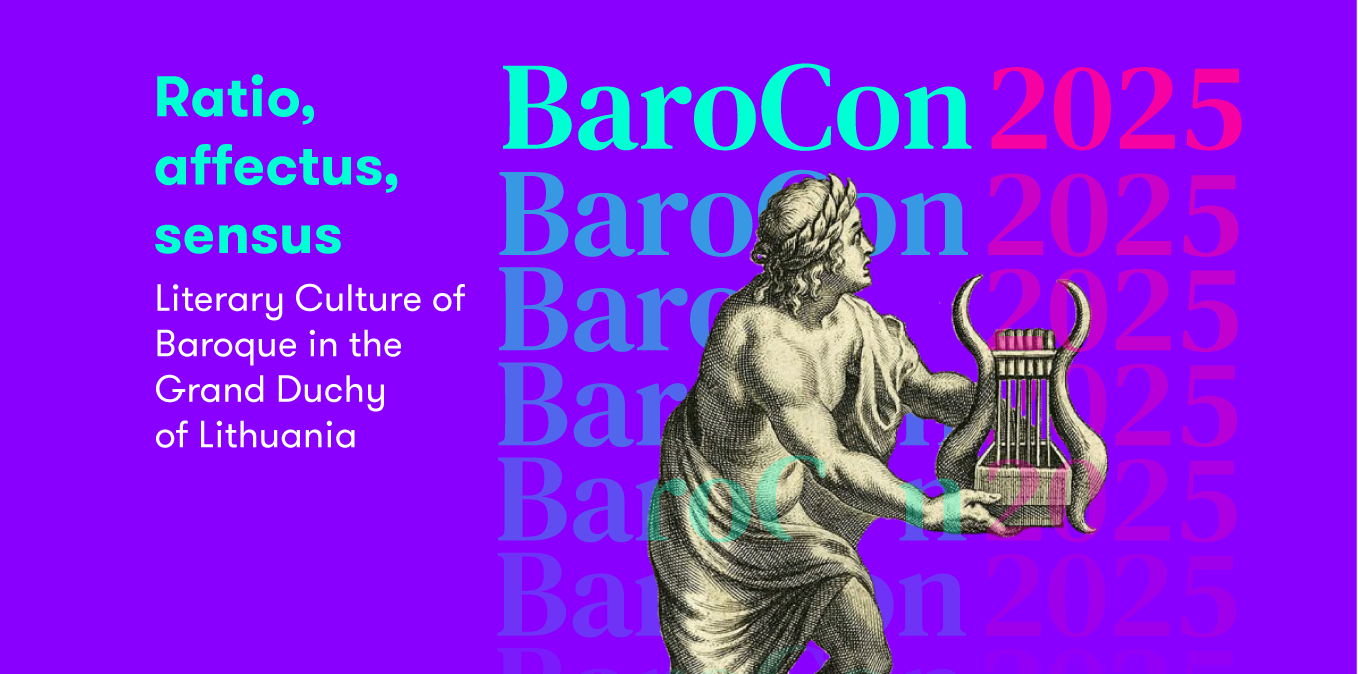
Asta Vaškelienė
Reception of Sarbievius’s Poetic Works in Latin Occasional Literature of the Grand Duchy of Lithuania of the 18th Century
Asta Vaškelienė
The Institute of Lithuanian Literature and Folklore
Reception of Sarbievius’s Poetic Works in Latin Occasional Literature of the Grand Duchy of Lithuania of the 18th Century
The analysis of the 18th-century Latin occasional literature of the Grand Duchy of Lithuania revealed that Sarbievius was one of the most quoted Baroque poets. The analysis of Latin occasional literature of the Grand Duchy of Lithuania of the 18th century has shown that Sarbievius was one of the most quoted Baroque poets. Fragments of his lyrics were used by later authors as independent units or in composition with the poetry of Propertius, Ovid, Horace, Virgil, Lucan, Claudian or Statius – authors of classical and late antiquity. The study of occasional works of the 18th century has revealed that the motifs of Sarbievius’ poetry were particularly well known to the 18th century writers. This is evidenced by the skillful use of quotations, paraphrases and topoi of Sarbievius’ poetry. It is interesting to note that Sarbievius’s poetry was successfully ‘adapted’ by later authors not only in various forms (verse and prose), but also in works of different genres (quoted in wedding and funeral works, greetings, panegyrics etc.). His verse stanzas were also used in place of, or originally incorporated into, coat-of-arms verses. Many authors of the time, demonstrating their literary erudition, included Sarbievius’ lines corresponding to an idea or theme in the wishes at the end of an epithalamium or panegyric. The influence of Sarbievius’ poetic work can be felt until the end of the eighteenth century: closely linked to the Latin tradition, it begins to fade as the cultural paradigm shifts.